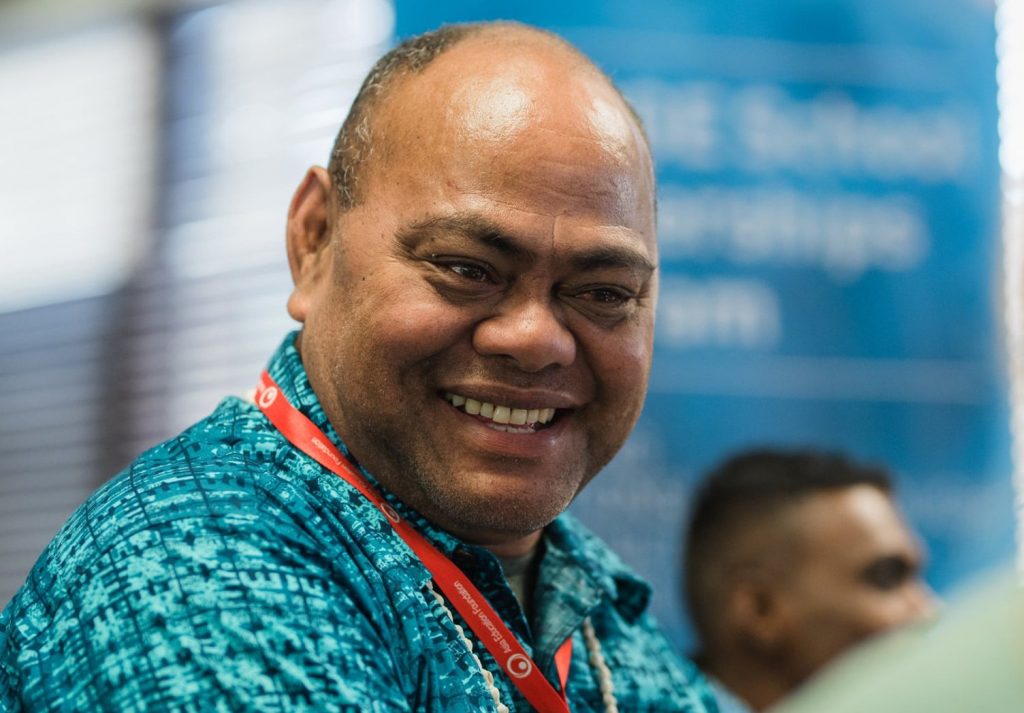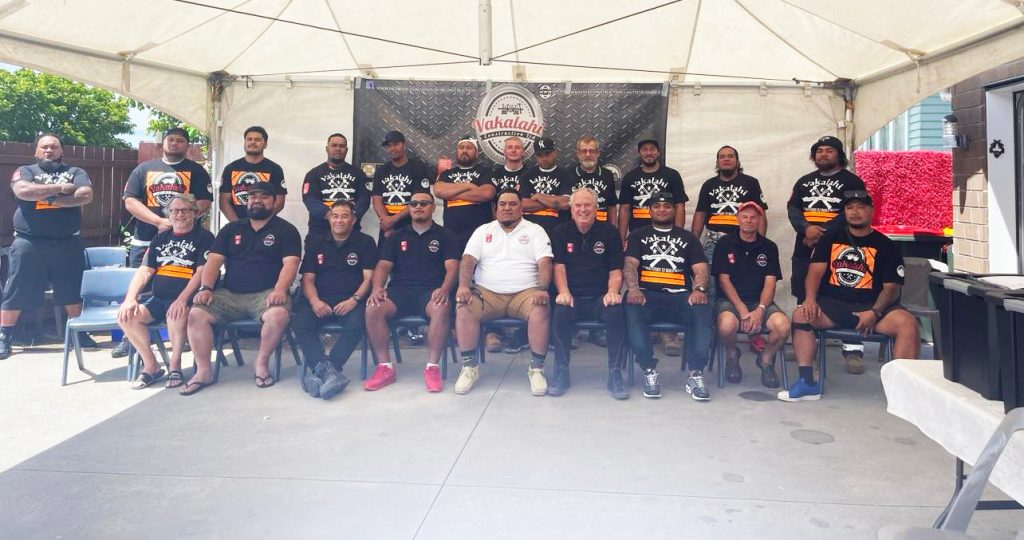The Supreme Court has called for the Electoral Act to be reformed.

Lord Chief Justice Whitten has also suggested that an early court case could be heard to hear all four petitions by MPs whose elections had been voided in earlier decision in which they were found guilty of bribery.
This would align the functioning of the Electoral act with Section 23 the Constitution.
In his summary of the appeal brought by Tatafu Moeaki over the ruling that his election as MP for Tongatapu 4 was void, Lord Chief Justice Whittten said the Act should be changed by adding a proviso similar to that found in Clause 23 and a special, shorter period of filing appeals from decisions on election petitions.
His Honour made a similar ruling in regard to an application for appeal by Poasi Mataele Tai, whose election for Tongatapu 6 had similarly been declared void.
Moeaki argued that the Lord Speaker of the Legislative Assembly has issued a letter advising that Parliament intended to unseat him and proceed with an election.
However, this had occurred before the Appellant had had an opportunity to exercise his Constitutional right of appeal.
If his appeal was successful, but a replacement representative has been elected to Parliament beforehand, his right to be restored to his seat would no longer be available;
In that event, damages would not be sufficient compensation to the reputational and emotional damage suffered by him and his family. Because the Legislative Assembly would be officially opened soon, it was vital that the judgment was stayed until the Court of Appeal was able to hear the appeal.
Evidence was presented to the Court regarding Clause 23 of the Constitution which provides that a person convicted of a criminal offence and sentenced to imprisonment for more than two years, cannot hold any elected office unless they had been pardoned by the king.
However, this rule would be suspended until 42 days after the date of the conviction, or, where leave to appeal had been given within 42 days after the date of conviction, until the determination of the appeal. If the conviction was quashed on appeal Clause 23 would not have any effect.
The Court was told it could take several months for a by-election to be held for Tongatapu 4 and the results determined.
In his comments on the Tei case, Lord Chief Justice Whitten said neither section 32 of the Electoral Act or section 36 of the Legislative Assembly Act set out how long a by-election to replace an unseated MP should take.
In his summary of the Moeaki case, Lord Chief Justice Whitten said he had considered the need to balance a number of factors.
“If a stay is granted, the only effect will be that, if the appeal is unsuccessful, his opportunity to participate in a by-election will have been deferred for a time,” the judge said.
“If, on the other hand, Mr Moeaki’s appeal is successful, then he will continue in Parliament and there will be no other adverse consequence to him.
“However, there is another interest at stake. If a stay is granted, so that Mr Moeaki remains an active member of Parliament (and Minister of Cabinet) until his appeal his determined, and his appeal is then unsuccessful, there is a risk that the validity of decisions by Parliament in the interim, while Mr Moeaki was a seated member, may be rendered uncertain. That is not in the public interest.”
The judge said these risks could be reduced by convening a special, earlier session to hear and determine all appeals from the 2021 election petitions. The last of those petitions was expected to be concluded by 27 May 2022. Applying the present appeal periods prescribed by the Court of Appeal Act of 42 days to the last of those cases, a special session could be held in the last week of July 2022.
“During that period, it may be possible for Parliament, the Lord Speaker and the Prime Minister in Cabinet to manage the work of the House and the order of business to be considered so as to minimise the risk of any decisions being rendered uncertain in the event that, in Mr Moeaki’s case at least, his appeal is unsuccessful.
“A stay in this case would produce a result more consistent with the allied provisions in clause 23 of the Constitution.”
Lord Chief Justice Whitten therefore stayed the judgements on Moeaki and Tei, saying this carried a lower risk of injustice than letting the ruling stand.
This meant Moeaki and Tei would remain in Parliament until his appeal against the earlier ruling is heard.
Kaniva comment: Clause 23
Kaniva News has long campaigned for reform to Clause 23, arguing that it is open to abuse and that it allows the Prime Minister to shelter convicted criminals under certain circumstances.
A private bill to amend the clause was put before Parliament last year.
The private bill would remove part of the Clause 23 re-enactment of 2013 that gives a convicted government representative 42 days in office with full entitlements and salaries while appealing a conviction.
The clause sparked public outrage last month after Prime Minister Pōhiva Tu’i’onetoa used it as a justification for doing nothing against his jailed Cabinet Minister Akosita Lavulavu from the beginning of her court appearance until she jailed.












